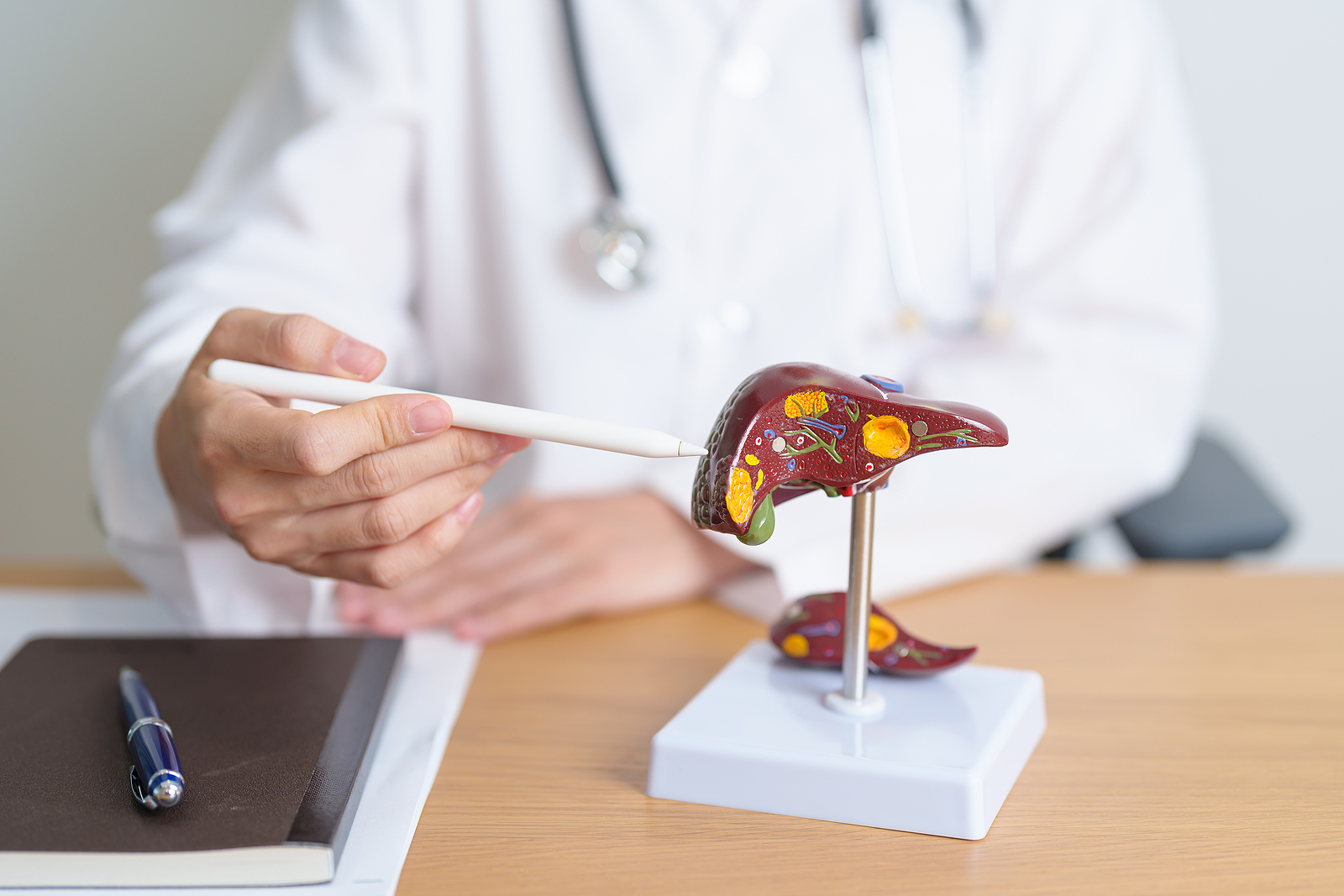Your liver is a vital organ, tirelessly working to keep your body healthy. It processes everything you consume, including alcohol and drugs. Unfortunately, substance abuse can severely damage this crucial organ. At Fountain Hills Recovery, we aim to educate and support you through understanding these risks.
How Alcohol Affects the Liver
Beer, vodka, whiskey, wine and other types of alcohol get processed in your liver. It breaks down alcohol into a harmful chemical called acetaldehyde. Normally, your liver can handle this process. But if you drink too much, acetaldehyde builds up and damages your liver cells. This damage causes inflammation and scars on your liver (fibrosis).
Over time, this scarring can turn into cirrhosis, an alcohol liver disease where your liver stops working correctly. Alcoholic hepatitis is another serious form of alcoholism liver damage where your liver gets swollen and inflamed from drinking too much. It’s important to understand the long-term effects of alcohol on the liver, so you can take care of yourself and get help if you need it.
How Drug Use Affects the Liver
Just like alcohol, drugs such as cocaine, methamphetamine, opioids and various medications are processed by the liver. This is how the liver breaks down these substances into safer forms that the body can get rid of.
When someone uses drugs too much or for a long time, it can be too hard for the liver to handle. This can lead to a problem called drug-induced liver injury (DILI). DILI happens when the liver gets overwhelmed by drugs or their harmful parts. It can cause swelling and harm to the liver cells, making it hard for the liver to work well. How bad DILI gets can depend on things like the type of drug, how much is used, how long it’s used and how each person’s body handles it.
Some drugs, such as acetaminophen in many painkillers, can hurt the liver even in the right doses if not used correctly or mixed with alcohol. Using opioids or illegal drugs like heroin for a long time can cause ongoing swelling in the liver, hepatitis and in serious cases, a liver condition called cirrhosis that can’t be fixed.
Recognizing the Signs of Liver Damage
It’s important to recognize the signs of liver damage, such as fatigue, jaundice (yellowing of the skin or eyes) and abdominal pain. Additional symptoms of liver damage include:
- Nausea and vomiting
- Dark urine
- Pale-colored stools
- Easy bruising or bleeding
If you experience these symptoms, seeking medical help promptly is crucial to prevent further harm.
Abusing drugs and alcohol can seriously harm your liver over time. Both alcohol and various drugs can overwhelm the liver’s ability to detoxify and lead to conditions like cirrhosis and hepatitis. It’s crucial to recognize the signs of liver damage, such as fatigue and abdominal pain, and seek medical help if you’re experiencing these symptoms.
If you or someone you know is struggling with substance abuse, it’s important to seek support. Understanding the benefits of a life without alcohol dependence can be a significant step towards recovery. Fountain Hills Recovery offers compassionate addiction treatment focused on individual needs and long-term success.
About Fountain Hills Recovery
Fountain Hills Recovery is a leading addiction treatment center dedicated to helping individuals reclaim their lives from substance abuse. Located in a serene and supportive environment, our facility provides comprehensive care tailored to each person’s unique needs.
Our programs are designed to address the underlying causes of addiction while promoting emotional healing and personal growth. We prioritize long-term success by equipping our clients with the skills and support they need for sustained sobriety. Fountain Hills Recovery stands as a beacon of hope for those seeking to break free from addiction and embrace a healthier, substance-free life.





